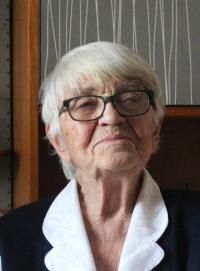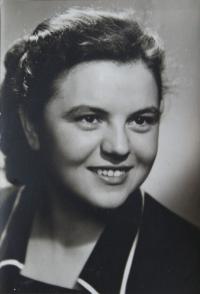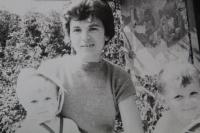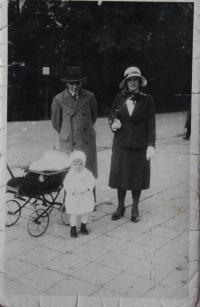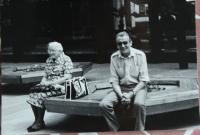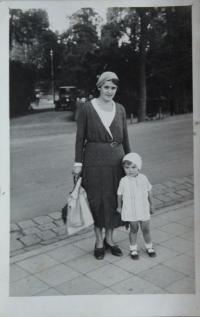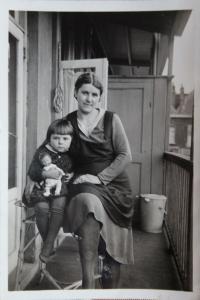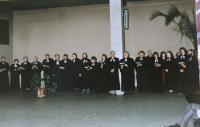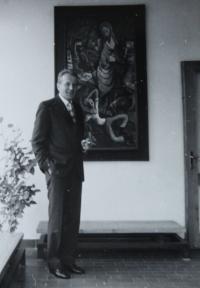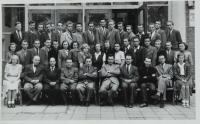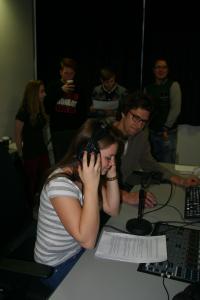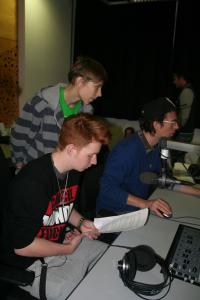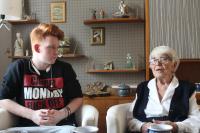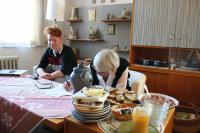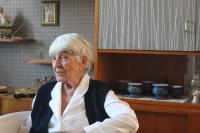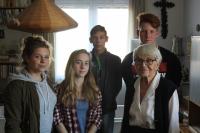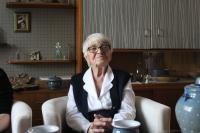The parson’s wife

Stáhnout obrázek
Věra Lukášová, née Hutáková, was born on 30 October 1929 in Zlín. Her father worked at Baťa. He was also employed in the Netherlands for three years during the construction of a new factory, and his family lived there with him. After spending another year in Cheb, the Hutáks returned to Zlín. Věra studied the Tomáš Baťa Business Academy. After graduating in 1948 she was banned from continuing her studies due to her class background. She found a job at the Zlín film studios, where she worked as a secretary and later as a producer. She took part in the production of the travel films of famous Czech duo Jiří Hanzelka and Miroslav Zikmund. In 1953 she married the Evangelical pastor Jan Lukáš and moved with him to Kroměříž, where he was elected parson by the local congregation of the Evangelical Church of Czech Brethren. Věra went through several jobs, she worked at ZPS Hulín, at a bank, at the Czechoslovak Car Repair Shops, at Kroměříž Community Services, and at a machine-computing station. In August 1968 Jan Lukáš was elected parson of the congregation in Prague 3-Jarov, and the Lukášes moved to the Czech capital . Věra began working in the production team of the Barrandov Film Studios. She soon became deputy production manager for economic matters, a post which she retained until 1988. In that year her husband died, and the council of elders in Prague-Jarov asked her to administer the congregation on a provisional basis. Věra passed the required exams and became a deacon. She lead the congregation until 1995, when she went into retirement.
